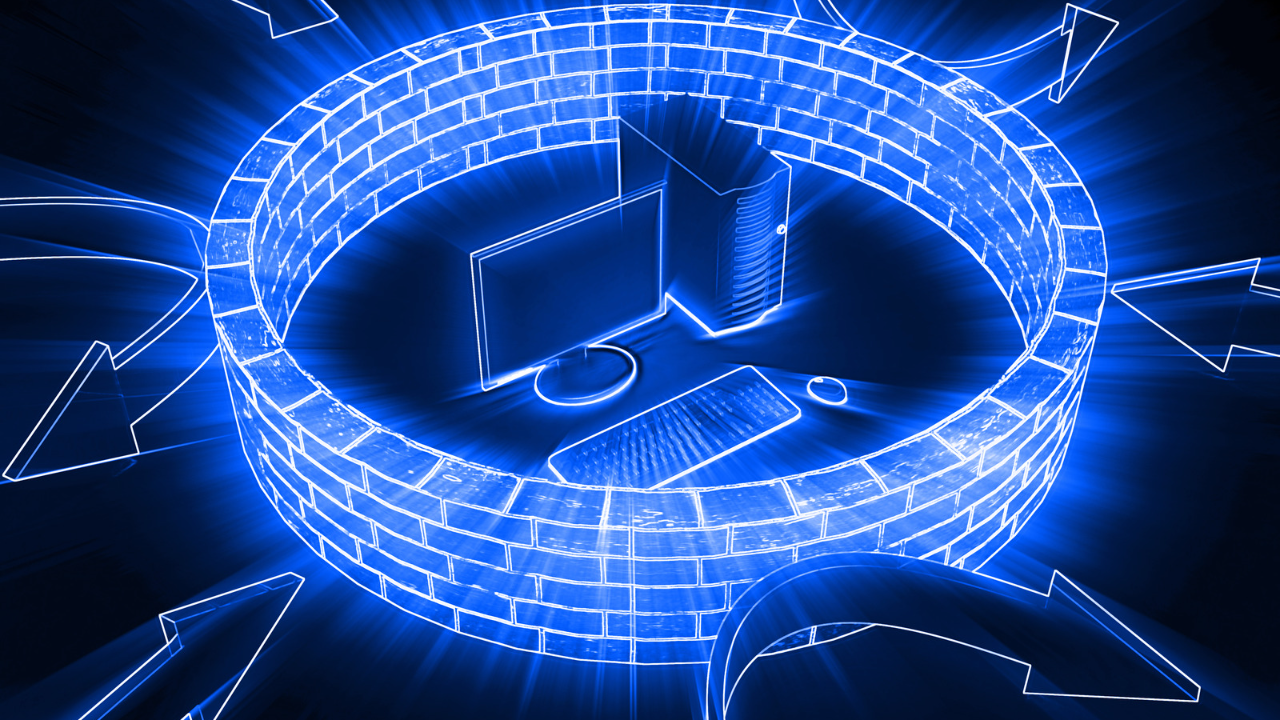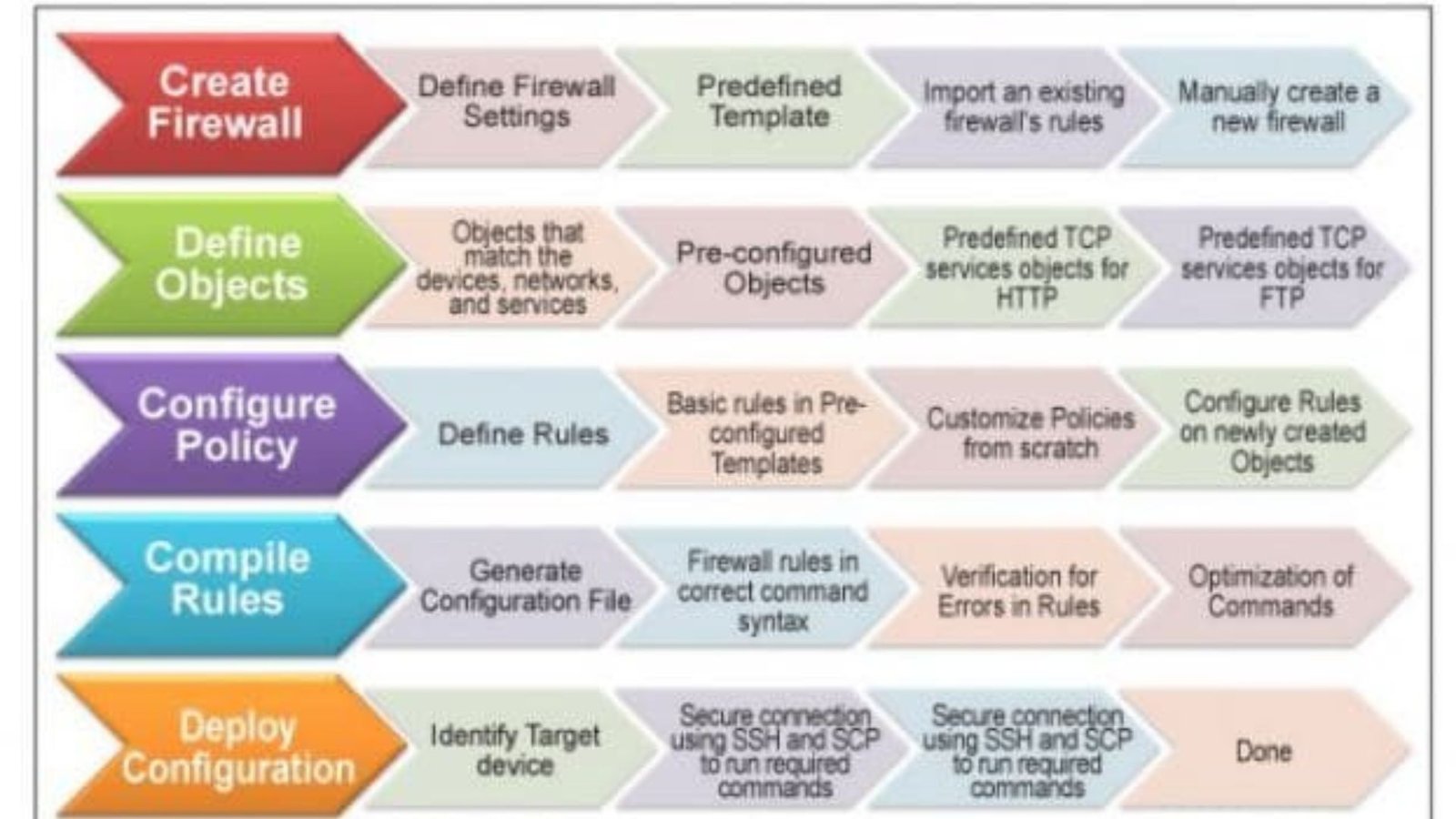How firewalls prevent data breaches in healthcare is a crucial topic for protecting sensitive medical information. Firewalls play a vital role in safeguarding healthcare data from unauthorized access and cyberattacks. This blog post explores how firewalls work, their importance in healthcare settings, and best practices for configuring them to prevent data breaches.

Understanding Firewalls and Their Role in Healthcare
How firewalls prevent data breaches in healthcare revolves around their ability to control and monitor network traffic. Firewalls act as barriers between internal networks and external threats, ensuring that only authorized users and data can access the healthcare system. They filter incoming and outgoing traffic based on predefined security rules, blocking harmful activities and allowing legitimate access.
Key Features of Firewalls in Preventing Data Breaches
1. Filtering Network Traffic
Firewalls filter network traffic to prevent unauthorized access and potential threats. They analyze data packets based on security rules and policies. For healthcare settings, firewalls can block unapproved access attempts and filter out potentially malicious traffic, reducing the risk of data breaches. They ensure that sensitive patient information remains secure by only permitting traffic that meets established security criteria.
2. Implementing Intrusion Detection and Prevention Systems
Many modern firewalls incorporate Intrusion Detection Systems (IDS) and Intrusion Prevention Systems (IPS). IDS monitors network traffic for suspicious activity and alerts administrators about potential threats, while IPS actively blocks malicious activities. In healthcare, IDS and IPS help identify and prevent attacks on patient data and healthcare applications, adding an extra layer of protection against data breaches.
3. Supporting Virtual Private Network (VPN) Access
Firewalls often support Virtual Private Network (VPN) access, which encrypts data transmitted between remote users and the healthcare network. VPNs ensure that even when accessing healthcare systems from remote locations, the data remains secure. Firewalls configured to support VPN traffic help prevent unauthorized access to sensitive healthcare information and protect against data breaches.
4. Controlling Application and Port Access
Firewalls can restrict access to specific applications and network ports. By controlling which applications can communicate over the network and which ports are open, firewalls limit exposure to potential threats. In healthcare, this means that only necessary applications and ports are accessible, minimizing the risk of unauthorized access to sensitive medical data.
Best Practices for Configuring Firewalls in Healthcare
5. Regularly Update Firewall Rules
Regularly updating firewall rules is essential for maintaining security. Healthcare environments face evolving threats, so keeping firewall rules current is crucial. Review and adjust firewall settings periodically based on new security insights and changes in the healthcare landscape to ensure continued protection against data breaches.
6. Monitor and Log Network Activity
Effective monitoring and logging are vital for detecting and responding to security incidents. Implementing monitoring tools allows for real-time visibility into network traffic and potential threats. Logging network activity provides valuable information for analyzing and addressing security issues, helping to prevent data breaches in healthcare settings.
7. Educate Healthcare Staff on Security Practices
Training healthcare staff on security best practices is key to preventing data breaches. Educate employees about recognizing phishing attempts, using strong passwords, and following safe data handling procedures. Well-informed staff contribute to a more secure environment and enhance the effectiveness of firewall protections.
Conclusion
How firewalls prevent data breaches in healthcare is crucial for maintaining the confidentiality and integrity of patient information. By filtering network traffic, implementing IDS/IPS systems, supporting VPN access, and controlling application and port access, firewalls play a significant role in securing healthcare data. Regular updates, monitoring, and staff education further strengthen firewall effectiveness, helping to prevent data breaches and protect sensitive medical information.











